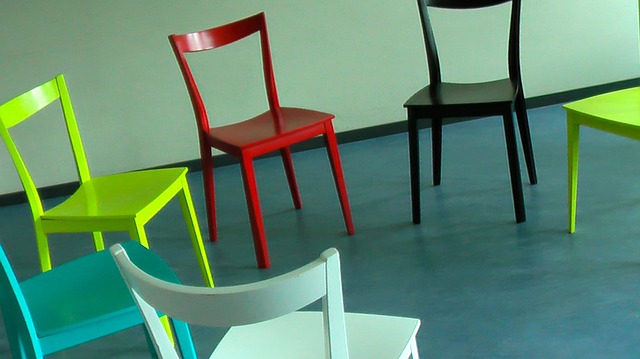Group Treatment in Rehab: Does it Really Work?
Treatment for a ketamine addiction usually needs to be customized for the specific needs of the patient. As drugs affect every person differently, the DEA says, the details of treatment will need to be different for each person.
However, there are some basic components that remain the same from plan to plan, like group treatment. In order to understand the effectiveness of group treatment, you need to know how it works and what advantages and disadvantages group therapy can provide.
To learn more about group treatment, or for help finding a rehab center, call 800-915-1270 (Sponsored).
What Is Group Treatment?
Group treatment usually involves therapy sessions with multiple patients in recovery who have similar conditions and one or two professionals leading the session. According to the NCBI, it’s a natural inclination of humans to form groups, which can make group therapy an incredibly useful tool in addiction treatment.
Sessions are help on a regular basis and usually will include the same people for the group. It is essentially the same as individual therapy, just with multiple focuses.
The Pros
As group treatments involve those who have the same set of conditions, it is usually easy for participants to relate to one another. Patients can give each other advice and discuss their personal experience with those who may have been in a similar situation.
Group treatment also makes addiction treatment seem less isolating, taking away the mindset of “user vs. non-user” that some recovering addicts feel during treatment. By working with others, a supportive community can form to help the patient through their recovery. When the person completes their treatment, the connections made in that community can help them be successful in recovery and prevent instances of relapse.
Another benefit is that group treatment can also help the addicted person relearn any intrapersonal skills that may have become rusty during the addiction. Addiction often changes the chemical processes of a person’s brain, affecting how they respond to things.
Group treatment can be an easy way to practice and relearn skills like listening and empathy in a controlled environment.
The Cons
One of the biggest aspects that is against group treatment is the fact that not everyone will be willing to share their situation with those outside of their treatment professionals. Not everyone is going to be comfortable speaking about their issues, and it may take time for them to adjust to a group setting.
Another disadvantage is that individual issues may not get the proper attention or not get enough of it within a group session. A key aspect of addiction treatment is addressing the patient’s needs, the NIDA says.
Not every treatment method will work for a person, so group treatment might not be as effective. There is always the possibility that the personalities of the patients in a group session might clash, which cannot always be controlled.
If you or a loved one has an addiction, please know that there is help. Please call us at 800-915-1270 (Sponsored) or through our website. You will be able to speak with one of our caring specialists about treatment and recovery options.

 What to Expect in Ketamine Addiction Recovery -
In addiction recovery from ketamine, your body and mind will take some time to recover. It is common for people to seek help at a rehab center and in support groups
What to Expect in Ketamine Addiction Recovery -
In addiction recovery from ketamine, your body and mind will take some time to recover. It is common for people to seek help at a rehab center and in support groups  How Does Ketamine Addiction Treatment Work? -
Ketamine addiction treatment usually consists of medical detoxification and behavioral interventions in order to provide the most comprehensive approach possible.
How Does Ketamine Addiction Treatment Work? -
Ketamine addiction treatment usually consists of medical detoxification and behavioral interventions in order to provide the most comprehensive approach possible.  What not to Say to a Recovering Ketamine Addict -
Recovering from ketamine addiction is a difficult and often long process, so it's important not to simplify it, even if you think it'll make them feel better
What not to Say to a Recovering Ketamine Addict -
Recovering from ketamine addiction is a difficult and often long process, so it's important not to simplify it, even if you think it'll make them feel better  3 Reasons to Look into Ketamine Addiction Treatment -
If you abuse ketamine at any frequency, you are at risk of developing an addiction. Here are some reasons you should seek treatment right away.
3 Reasons to Look into Ketamine Addiction Treatment -
If you abuse ketamine at any frequency, you are at risk of developing an addiction. Here are some reasons you should seek treatment right away.  Are There Medications that Treat Ketamine Addiction? -
There are some medications commonly used to treat the withdrawal symptoms of ketamine addiction, but not the addiction itself
Are There Medications that Treat Ketamine Addiction? -
There are some medications commonly used to treat the withdrawal symptoms of ketamine addiction, but not the addiction itself